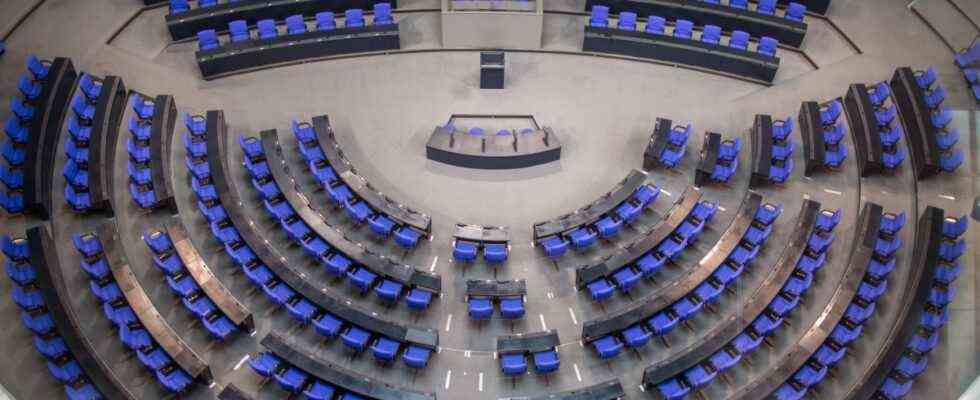It could be a historic choice for Freising – provided that the result on September 26 roughly confirms the current polls. The constituency 214 could then for the first time send four MPs to the Bundestag, all of whom come from the district. So far, he has two parliamentarians: Erich Irlstorfer, CSU, who won the direct mandate in 2017, and Johannes Huber, AfD. Leon Eckert from the Greens and Andreas Mehltretter, SPD – and, with a lot of luck, maybe even a fifth, Karl Ecker from the Free Voters, could be new.
Erich Irlstorfer undoubtedly has a very good chance of winning the direct mandate again. He is also dependent on it, because he is not covered by the CSU state list. In view of the current survey results, however, that would not have helped anyway. In 2017, the CSU candidates won all direct mandates in the Free State. At least outside of the big cities, this should also be the case in 2021, so that possibly not a single list candidate makes the leap to Berlin. In the “voter check” of the program “17:30 Sat.1 Bayern”, the CSU in the Free State was last only 29 percent, four years ago it came to 38.8 percent.
Especially in the north of the district, actually traditionally CSU-Land, Irlstorfer gets competition this time from the former Mayor of Au, Karl Ecker (FW), who could collect votes there. In order to make it into the Bundestag, Ecker would have to win the direct mandate. In the south of the district and especially in the cities of Freising and Moosburg, Eckert, who has almost the same name and is also a direct candidate of his party, could take Irlstorfer votes.
If the Free Voters want to jump the five percent hurdle, they still have to increase significantly. However, this would not really come as a surprise in this election with strongly fluctuating poll numbers and many undecided voters – and then Karl Ecker might also be in Berlin, because he is well placed on the state list with fifth place. At least in the Free State, the free voters in the latest poll were six percent.
Re-election for Johannes Huber should not be a problem. Four years ago he had to tremble on election night whether he would make it. At that time, the AfD received 12.6 percent of the second votes, the regional association was able to send 14 members to Berlin, Huber ran in 13th place. This time it is sixth.
Leon Eckert is also starting the race for the Greens in a promising position. He is at number 18 on the state list, but has to hope that the party will not continue to slide in favor of the voters after the initial soaring. So far, the Bavarian Greens have eleven MPs, in the future it should be significantly more, because the party received only 9.8 percent of the vote in 2017 in Bavaria, nationwide it was 8.9 percent. It is currently 18 and 17 percent, respectively.
When Andreas Mehltretter sprayed optimism after the state representatives’ meeting in March and said that he figured he had a good chance of moving into the Bundestag, it was likely to have triggered a tired smile from many. Although he is on a good 15th place on the state list, the Bavarian SPD is currently represented with 18 members of the Bundestag. However, just a few months ago the party was bobbing around in the single-digit range at around nine percent in Bavaria. According to the latest surveys, it is now 15 percent again – roughly as much as in 2017, in the federal government even 25 percent (2017: 20.5). In the meantime, optimism should not only spread among flour rescuers themselves.
For Eva-Maria Schmidt from the FDP, on the other hand, it will probably not be enough for the liberals despite the current upswing. She is running in 24th place. The same applies to Nicolas-Pano Graßy from the Left as 18th on the state list.

